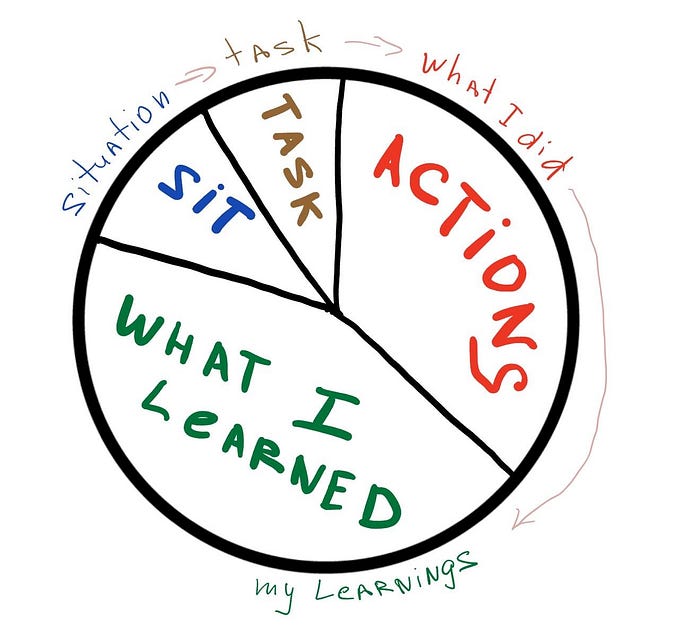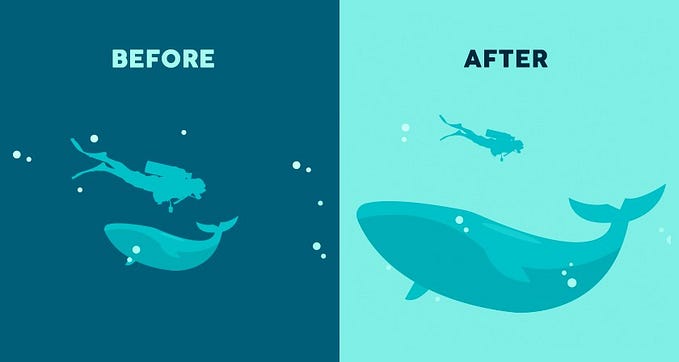Member-only story
Forward Cybernetica
Personal History of Computing — Part 2

A biological experiment that builds up intuition
Machine Learning, from a developer/engineer perspective, has innumerable ways to be accessed from, those may be different from the ones used by statisticians or scientists; the common ground in the end is the code that we all enjoy writing. Although, at a general level, how can we find the most effective ways into difficult concepts? My experimental way is to start from scattered pieces that I find attractive and try to assemble them via defining common “codes” among their foundational characteristics, from those try a build up. This is probably the most non-linear approach but somehow also the most naive, the approach of the one that tries to work out with the pieces he/she has been given; starting from something that generates curiosity is the only way to guarantee long-term sustenability and consistency of effort. The complete walkthrough for this research effort is collected in my Fungi Processing Series.
From shatters
Starting from an average background in current programming and Deep Learning techniques, when I stumbled upon Ashby’s Introduction To Cybernetics I found nice insights about computing but above all some clues about a valuable question: which problems are we trying to solve by computing? It is probably easy to grasp the power of computing as soon as we get in touch with it, but I think that the motivation behind this intuition can only be found in the seminal work that was produced between the 1920ies and the 1960ties. It is in those times that the real needs for using computation did arise and resounding questions have been asked; without those it is hard to find motivations to build a resilient interest in what we do as developers.
Giving some context, for the ones that missed it, Cybernetics have had many incarnations through the 20th century (starting from Wiener in 1922). Ashby’s book was published in 1956 and set somehow a different stage for the discipline; Cybernetics is a mathematical abstraction and its articulated history of thoughts has anticipated in many ways other sciences in applying computational methods to variegated classes of phenomena (not only Computer Science but also Biology, Social Science and…










